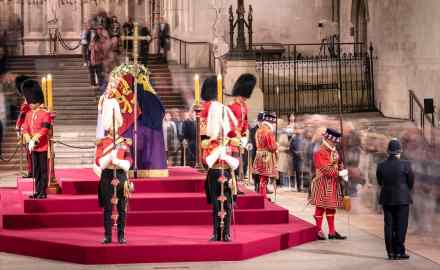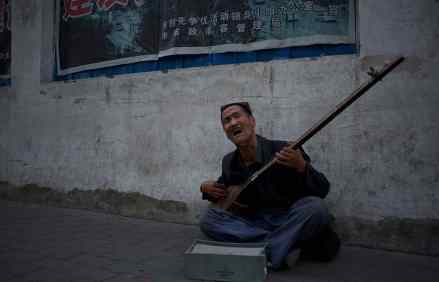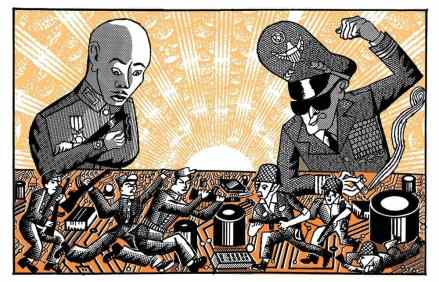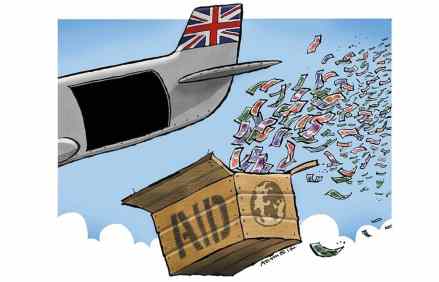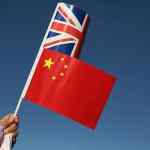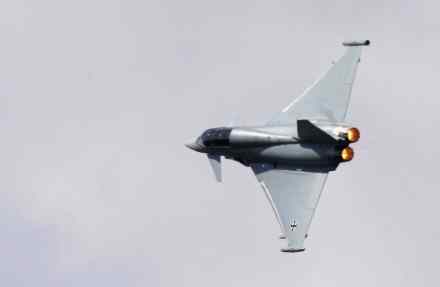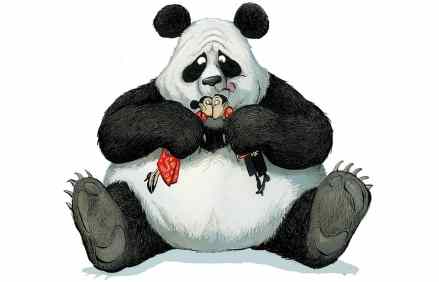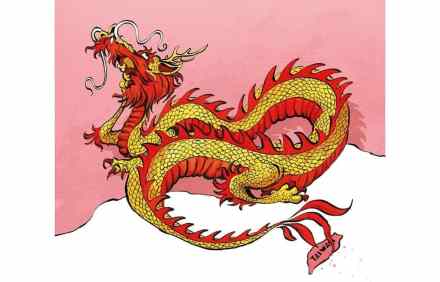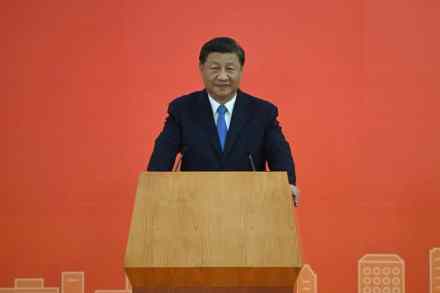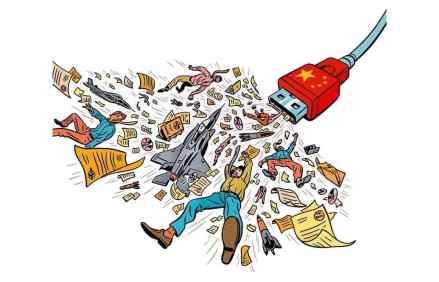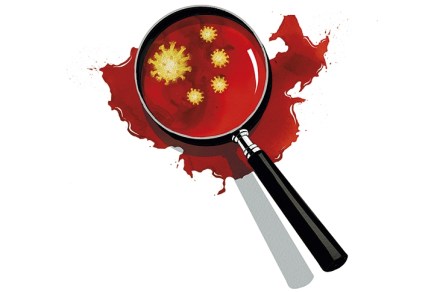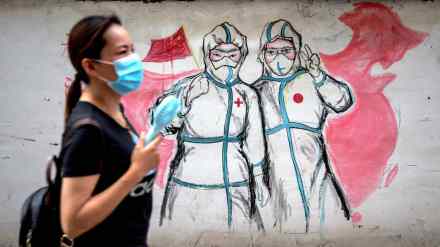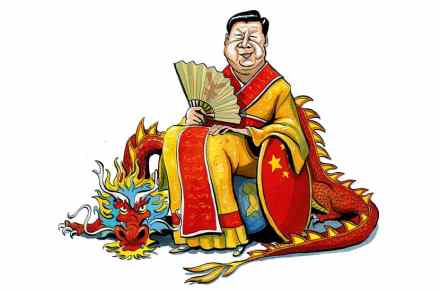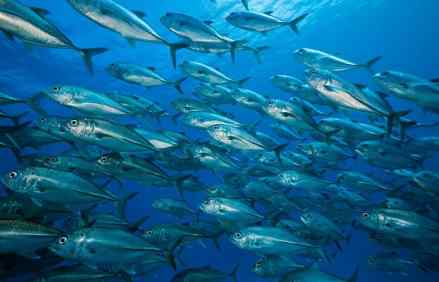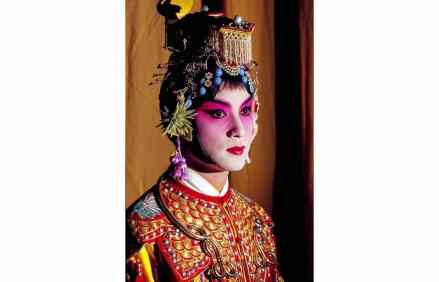It’s wrong to ban China from the lying-in-state
Unlike some Americans, China’s communists have no problem getting their heads around hereditary monarchy. Last week, President Xi sent his condolences to the United Kingdom. Now, he’s sending one of his most trusted deputies to pay respects at the Queen’s funeral. China has called off its wolf warriors, its diplomatic ideologues known for berating the West. Beijing is on best behaviour. Instead, the bellicose rhetoric is coming from a few British MPs, indignant that Chinese officials have been invited to the funeral. Vice-president Wang Qishan, the man tasked with representing China, is one of Xi’s most reliable lieutenants, having led the President’s flagship anti-corruption drive. But the two men go even further back,
